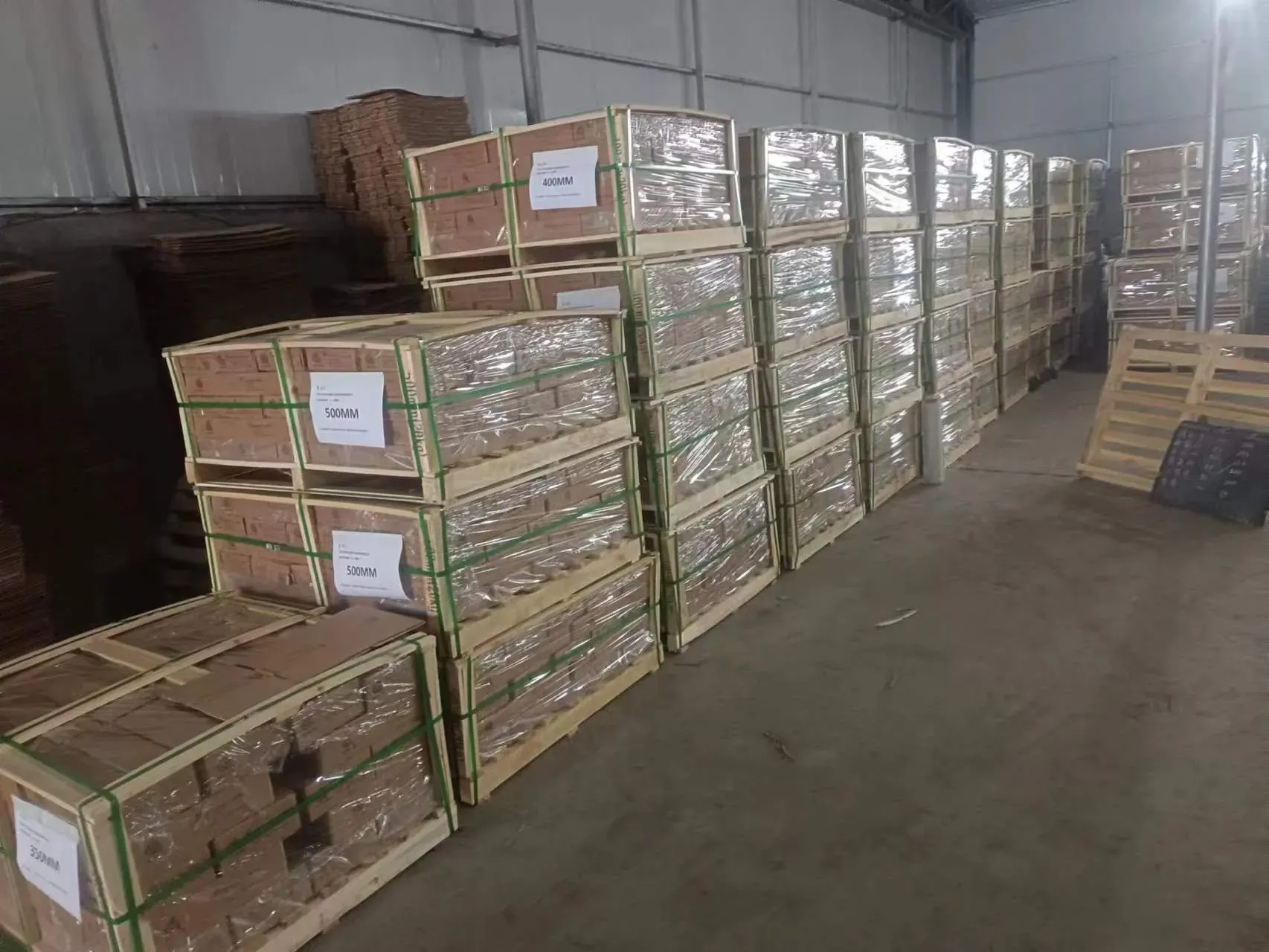nov . 22, 2024 05:30 Back to list
field wire fencing
Field Wire Fencing A Comprehensive Guide
Field wire fencing is an essential element for modern agricultural practices, providing a versatile, durable, and economical solution for managing livestock and protecting crops. This type of fencing is widely used across rural areas to create barriers that keep animals safe within designated areas while deterring wildlife from entering cultivated lands. In this article, we will explore the benefits, types, installation best practices, and maintenance tips for field wire fencing.
Benefits of Field Wire Fencing
1. Durability Field wire fencing is typically made from robust materials such as galvanized steel, which provides exceptional strength and resistance to rust and corrosion. This longevity makes it a preferred choice for farmers and landowners.
2. Cost-Effectiveness Compared to other fencing options, such as wooden or vinyl fences, field wire fencing is often more affordable. The lower material costs, coupled with reduced maintenance and replacement expenses over time, yield significant savings.
3. Versatility Field wire fencing comes in various styles, including barbed wire, smooth wire, and woven wire. This diversity allows farmers to choose the best option based on their specific needs, whether for containing large livestock like cattle or smaller animals such as sheep or goats.
4. Visibility and Aesthetics Wire fencing provides an unobtrusive barrier that does not obstruct views of the landscape. This makes it an ideal choice for scenic areas while maintaining a stylish appearance that blends seamlessly with the environment.
5. Ease of Installation Many types of field wire fencing are designed for straightforward installation. This means that farmers and landowners can often set up their fences quickly and efficiently, reducing labor costs and time.
Types of Field Wire Fencing
Field wire fencing comes in several variations, each suited to specific applications
1. Barbed Wire This type features sharp barbs along the wire strands, making it effective for deterring larger animals like cattle and deer. It's primarily used for perimeter fencing and to protect crops from grazing.
2. Smooth Wire Unlike barbed wire, smooth wire fencing is less intimidating for animals and is ideal for containing smaller livestock. It can also be used in conjunction with other fencing types as a secondary barrier.
3. Woven Wire This option consists of vertical and horizontal wires woven together, creating a sturdy and rigid structure. Woven wire is particularly effective for structures that need to contain various livestock types or to protect gardens and crops from animals.
field wire fencing

Installation Best Practices
To maximize the effectiveness of field wire fencing, adhere to these installation guidelines
1. Planning Before installation, plan the layout of your fence. Consider the type of animals being contained or the specific areas needing protection.
2. Materials Choose high-quality wire and posts that suit your needs. Galvanized steel is recommended for maximum durability.
3. Post Spacing Space your fence posts adequately, typically 8 to 12 feet apart, depending on the height and type of wire used.
4. Straining Ensure the wire is taut and properly strained at the start to avoid sagging. Regular checks and adjustments will help maintain the fence's integrity.
5. Gates and Access Points Incorporate gates that are adequately reinforced to allow for easy access while maintaining security.
Maintenance Tips
To ensure longevity and effectiveness, regular maintenance of field wire fencing is essential
1. Inspection Conduct periodic inspections to identify any damage, rust, or loose wires. Early detection can prevent larger issues.
2. Repairs Promptly address any damages by replacing or repairing sections of the wire or posts as needed.
3. Vegetation Control Keep the area around the fence clear of overgrown weeds and shrubs that could compromise the fence or harbor pests.
Field wire fencing stands as a foundational component of effective land management in agriculture and livestock handling. With its cost-effectiveness, durability, and versatility, it offers an excellent return on investment for farmers and landowners looking to safeguard their assets. By understanding its benefits and following proper installation and maintenance practices, the longevity and functionality of field wire fencing can be maximized.
-
The Role of Field Wire Fence in Grassland Conservation
NewsJul.15,2025
-
Stainless Steel Razor Wire Durability in Coastal Environments
NewsJul.15,2025
-
Enhancing Home Security with Mesh Fences
NewsJul.15,2025
-
Diamond Mesh Wire for Small Animal Enclosures
NewsJul.15,2025
-
Common Wire Nail Tensile Strength Testing for Woodworking
NewsJul.15,2025
-
Barbed Wire Corrosion Resistance Galvanization Techniques
NewsJul.15,2025









